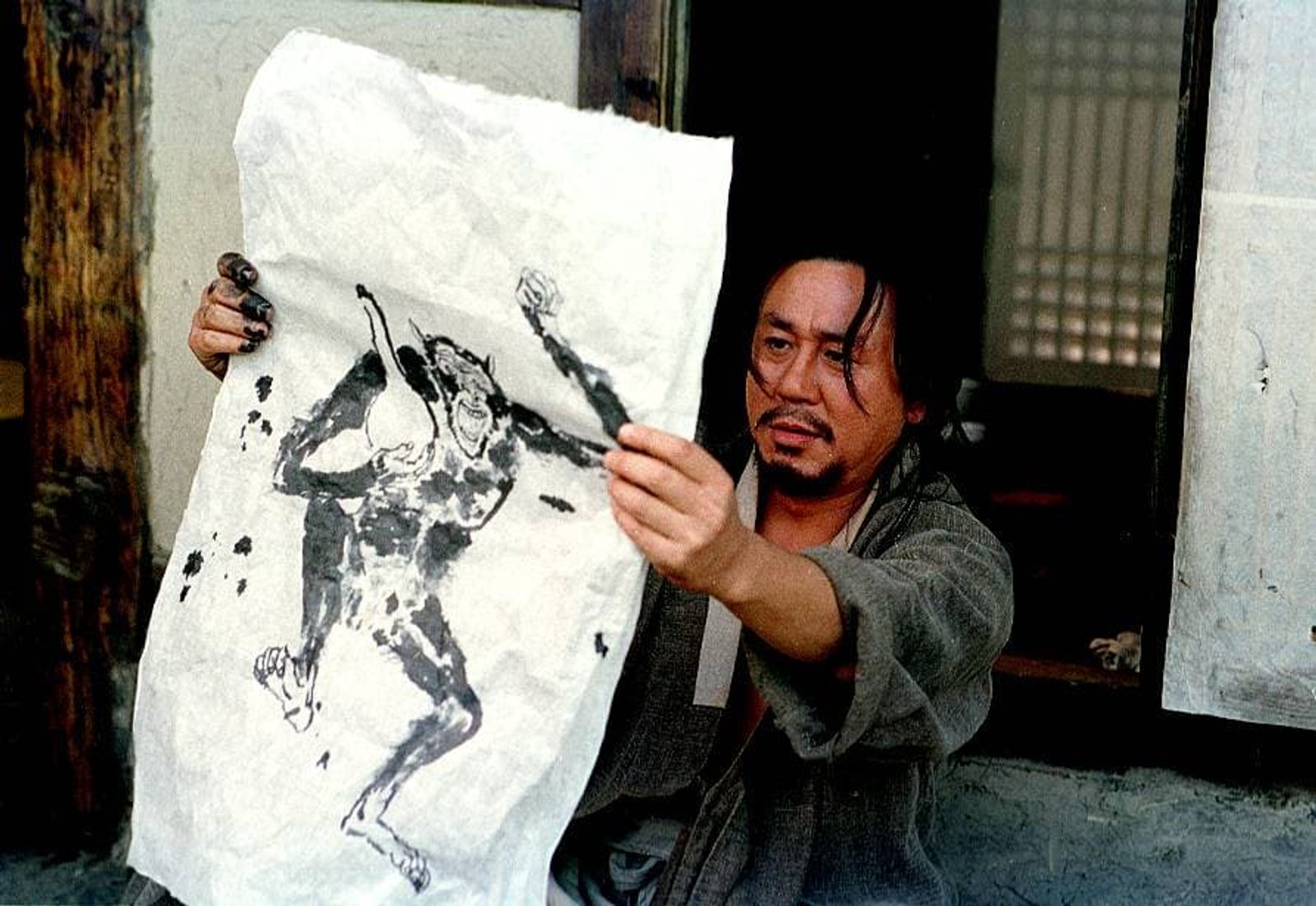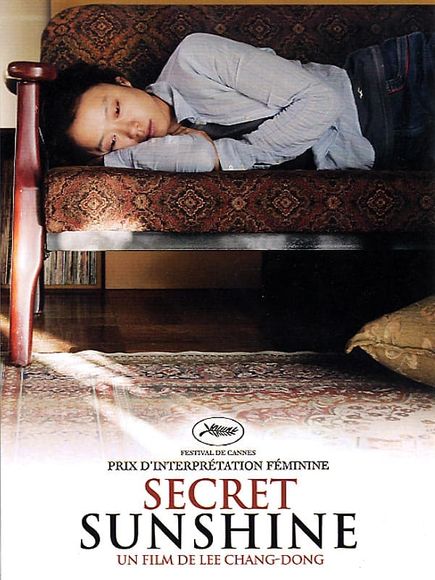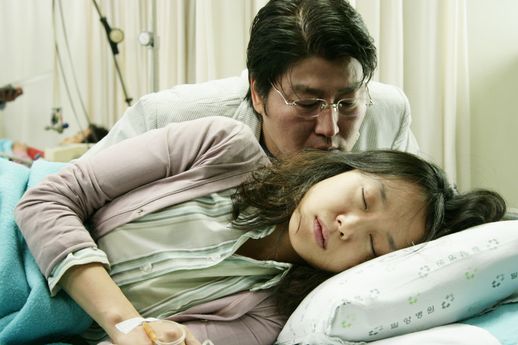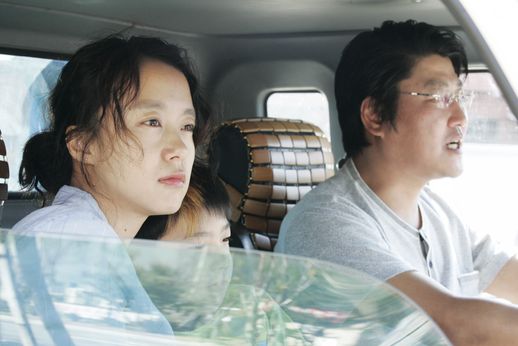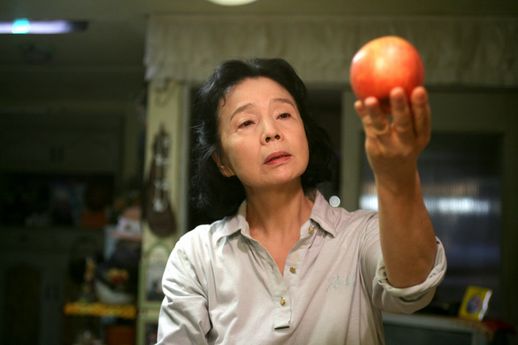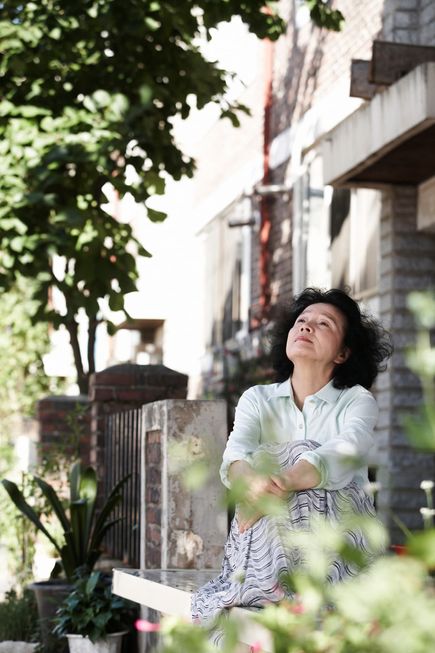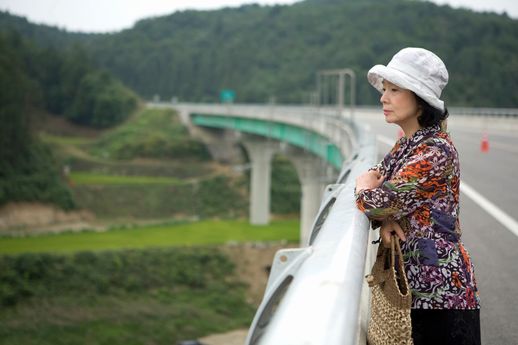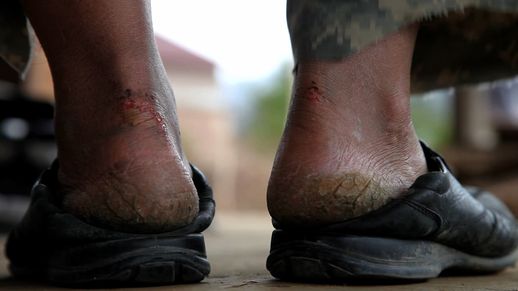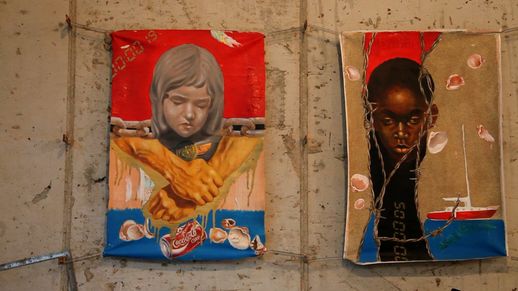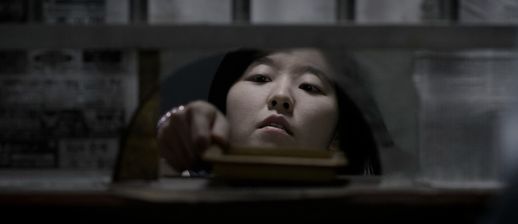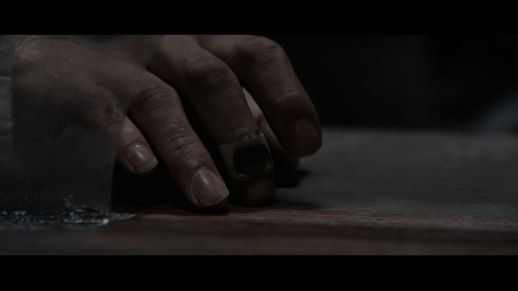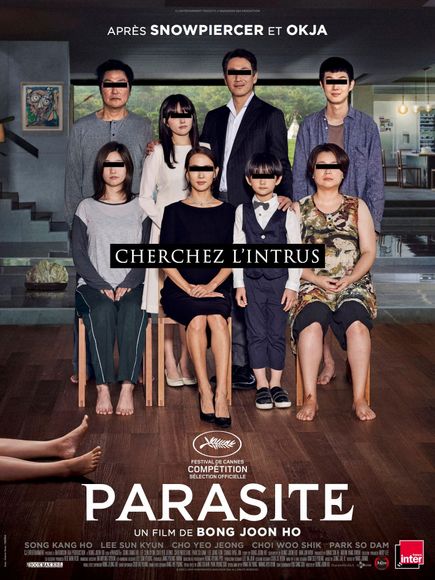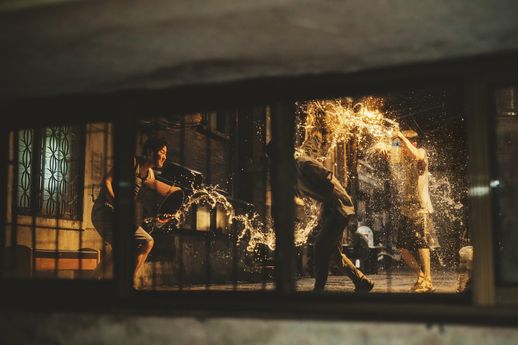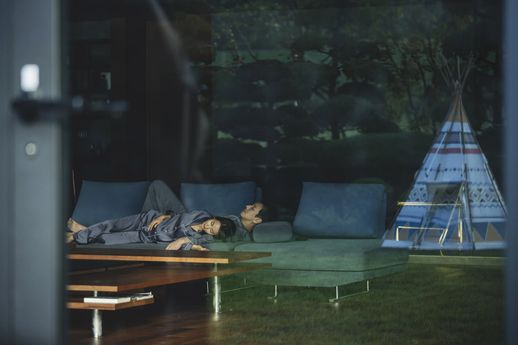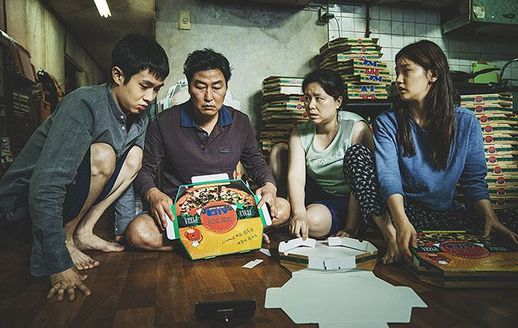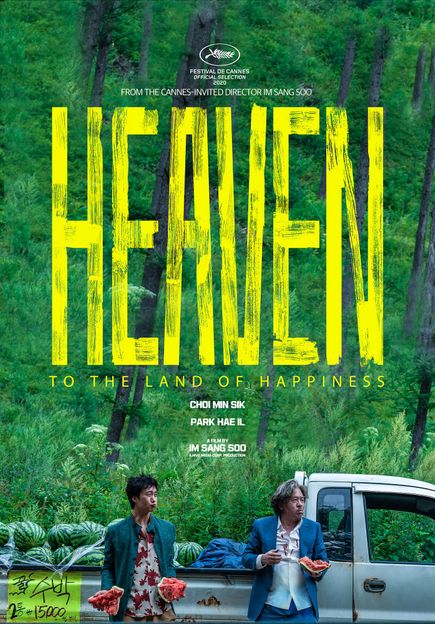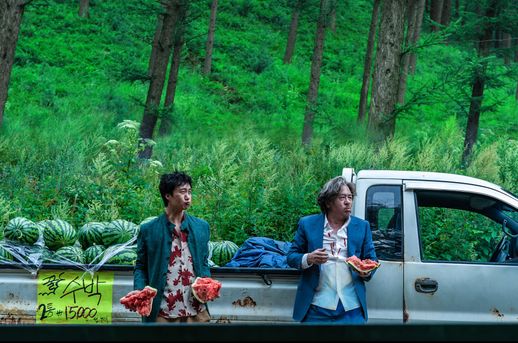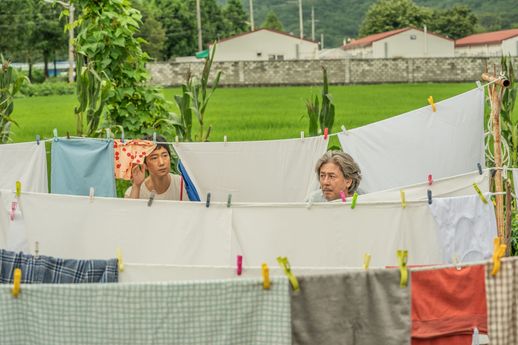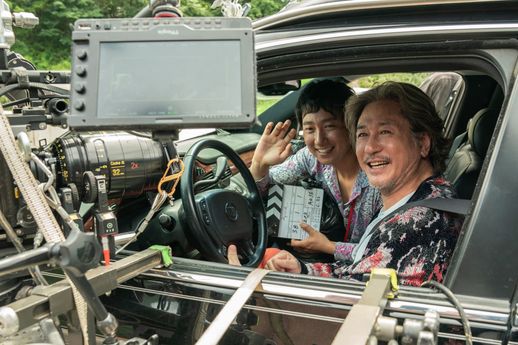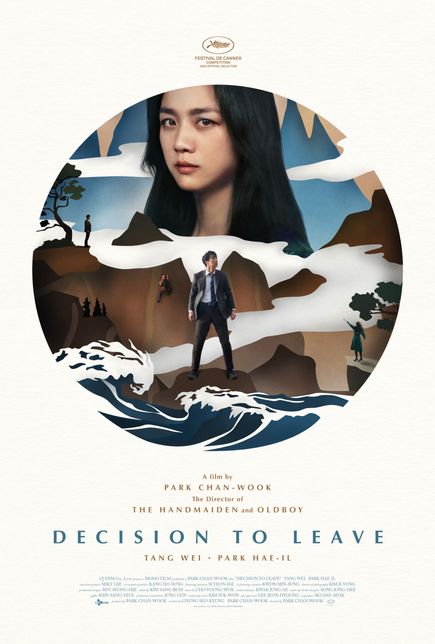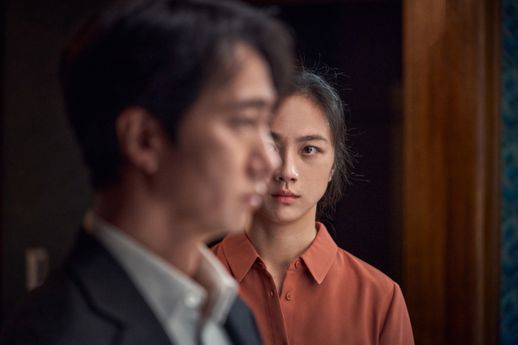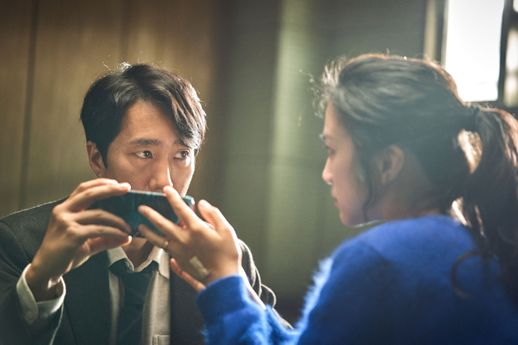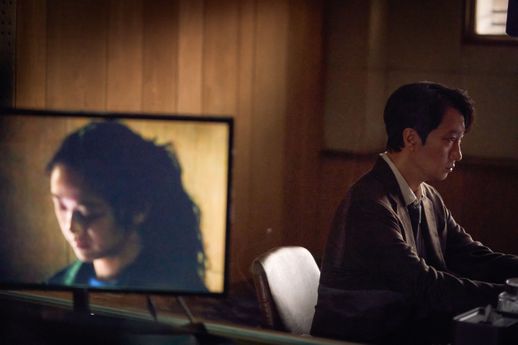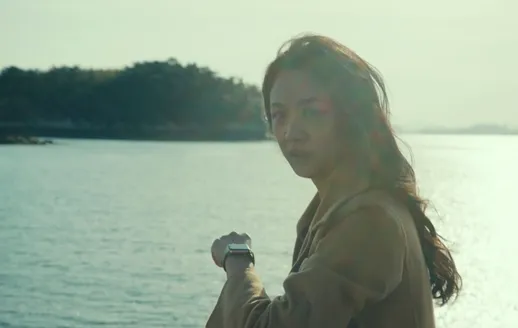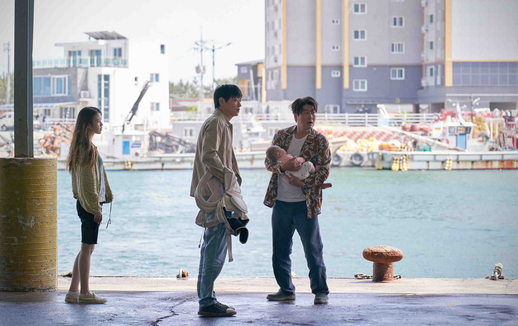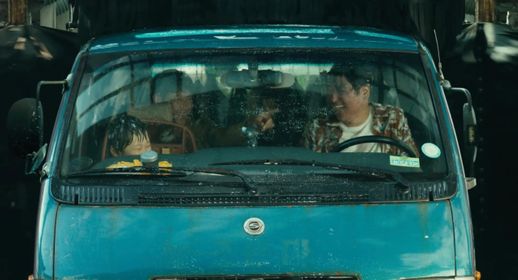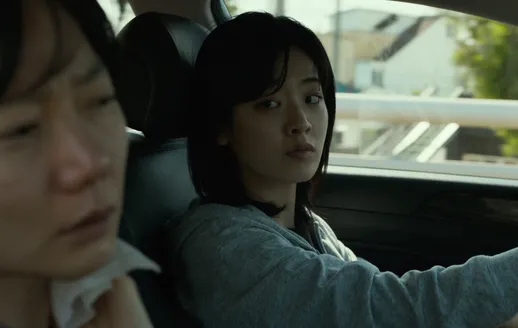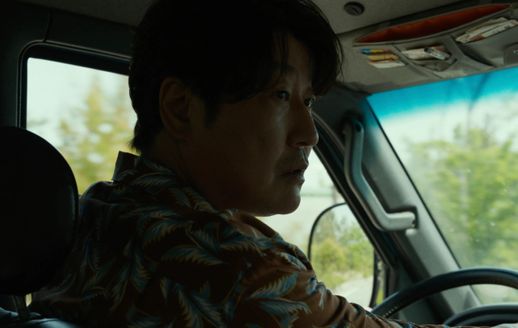Painted Fire is a period feature film based on the life of Jang Seung-Ub (aka “Owon”), the 19th-century painter known for his artistic freedom, libertine ways and love of alcohol. This was the first Korean film to ever receive a Festival de Cannes award. In 2002, director Im Kwon-taek was awarded the Best Director Award for his 98th film, alongside Paul Thomas Anderson for Punch-Drunk Love.
10 Korean films that sent shockwaves across the Croisette
A wave of Korean filmmakers has been washing over the world’s biggest film events for the past twenty years. The Festival de Cannes has developed a keen taste for South Korean cinema and its refreshing aesthetics and themes, and has helped coax a number of masterpieces out into the spotlight. Here are our top 10 films that set the Cannes competition alight.
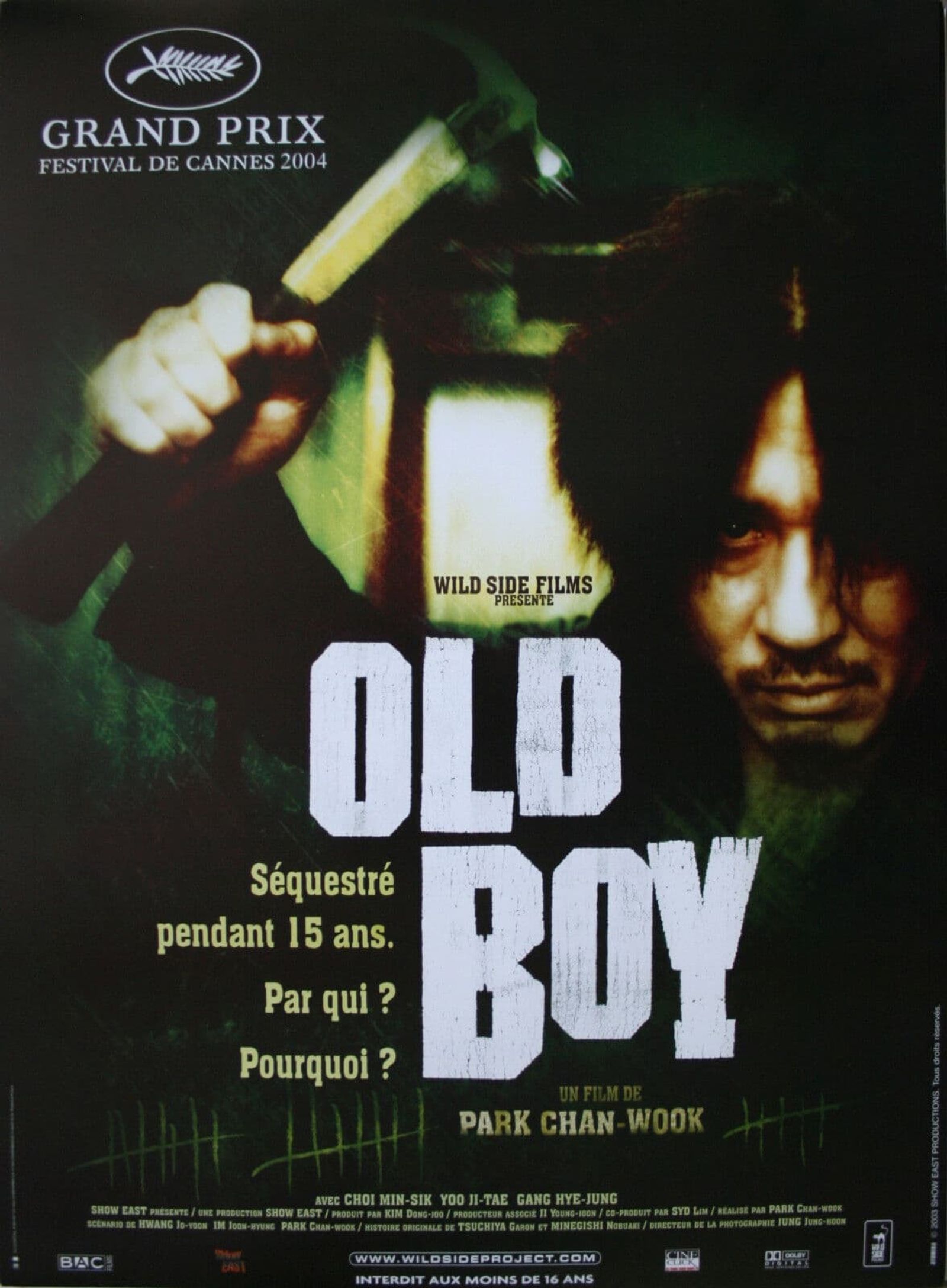
Loosely based on the manga by Garon Tsuchiya and Nobuaki Minegishi, Old Boy is the film that truly catapulted Korean film onto the world stage. In the second chapter of his revenge trilogy (before Sympathy for Mister Vengeance and after Lady Vengeance), Park Chan-wook serves up a disturbing psychological thriller that was awarded the 2004 Grand Prix by Quentin Tarantino’s Jury.
At the 60th edition of the Festival de Cannes, actress Jeon Do-yeon was awarded the Best Actress Award by Alain Delon for her performance in Secret Sunshine by Lee Chang-dong. In the film, she plays a young window who moves to her husband’s hometown with their son in order to start afresh. Jeon Do-yeon is the second Asian artist to receive the award, after Chinese actor Maggie Cheung won the title for her role in Clean by Olivier Assayas.
After serving as a jury member at the 62nd edition of the Festival, filmmaker Lee Chang-dong presented his second film, Poetry, in Competition, walking away with the Best Screenplay Award. The film carves out a moving portrait of a grandmother who makes up for her memory loss by seeking solace in poetry. That same year, comedy-drama Ha ha ha by Hong Sang-soo scooped the Un Certain Regard Prize.
Arirang is the third film Kim Ki-duk brought to Cannes, following on from The Bow in 2005 and Breath in 2007. This autobiographical documentary is an introspective immersion into the life of the reclusive artist, who lives hidden away from the world in a spartan mountain hut. He was awarded the joint Un Certain Regard Prize alongside German director Andreas Dresen for Stopped on Track.
Moon Byoung-gon’s short film Safe won the Palme d’Or in its category at the 66th edition of the Festival. Awarded the prize by Jane Campion, the film serves as a metaphor for capitalism and its dangers through the story of a student trapped in low-paid till work in an illegal gambling den, who uses punters’ winnings to pay off her debts.
The year 2019 marked the centenary of its greatest landmark film (The Righteous Revenge by Kim Do-san, 1919), and the dawning of a new golden age with Parasite, Bong Joon-ho’s satirical fable. The movie became the first South Korean film to win the top prize at Cannes by unanimous decision. It also joined a star-studded line-up of films that have won both the Palme d’Or and Academy Award for Best Picture, rubbing shoulders with the likes of The Lost Weekend by Billy Wilder (1946) and Marty by Delbert Mann (1955).
In the Official Selection at Cannes 2020, Heaven: To the Land of Happiness is Im Sang-soo’s fourth feature film to be invited to the Festival, after The President’s Last Bang (2005), The Housemaid (2010) and The Taste of Money (2012). Inspired by the tragicomic Knockin’ on Heaven’s Door (1997) by German director Thomas Jahn, the film explores the relationship between a prisoner and a hospital employee, played by Choi Min-sik (Old Boy) and Park Hae-il (Memories of Murder), who run away on a quest for the ultimate happiness.
Park Chan-wook loves the Competition. And if the juries are anything to go by, the Competition loves Park Chan-wook. For his fourth film in Competition, he treats audiences to Decision to Leave, a romantic thriller that dives deep into the head-spinning relationship between a police detective and the widow of a murdered man, who is also the prime suspect. The film won Park Chan-wook the Best Director Award — his third accolade from Cannes.
In 2022, for the first time in the history of Korean cinema, two films received awards the same year. After coming to light in Parasite, in Broker Bong Joon-ho’s go-to leading man Song Kang-ho stars as a man involved in the black market baby trade. He was handed the Best Actor Award by Diane Kruger, becoming the third Asian actor to receive the prize after Tony Leung Chiu-wai (Hong Kong) for In The Mood for Love (2000) and Yūya Yagira (Japan) for Nobody Knows (2004).
